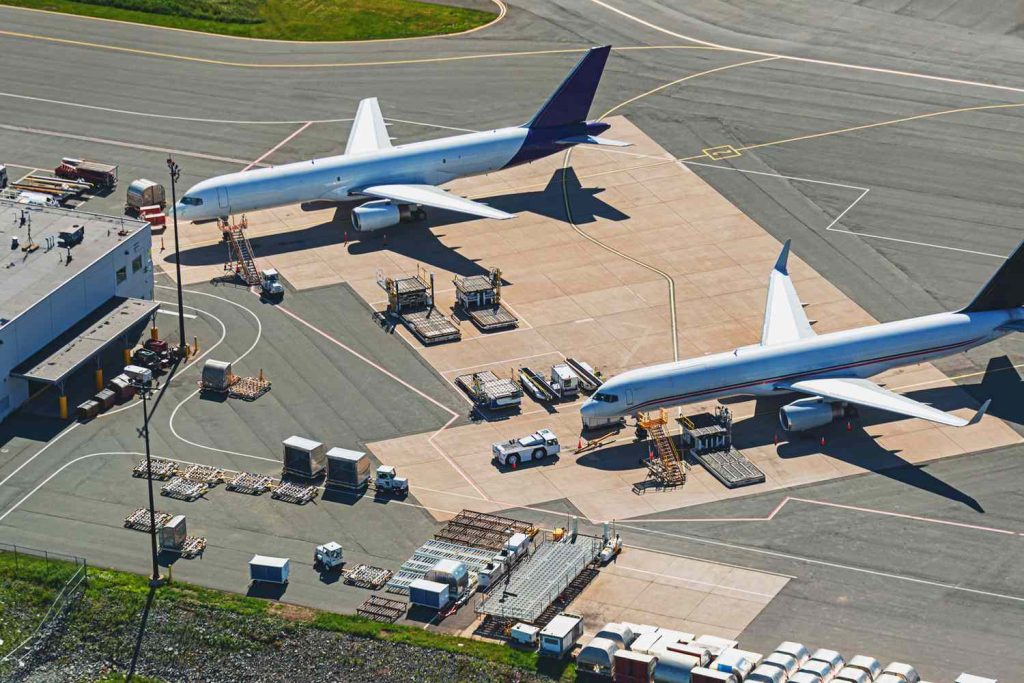There are a lot of intense feelings and thoughts in people when it comes to flying cheap or low cost airlinesSome swear by them (especially for short, quick trips), and others have abandoned them altogether. But recent changes may cause critics to reconsider, a new report from On the way. This includes the recent flight disruptions and outages that full-service carriers have experienced in recent times, compared to their low-cost counterparts.
Avelo Airlines, for example, had the best on-time performance of any domestic carrier in July. The major low-cost carriers in the United States are Southwest, Allegiant, Frontier, Avelo, Breeze, Spirit and Sun Country.
“People often think of budget airlines as cheap, when in fact the term ‘low-cost carrier’ (an industry term) refers to how the carrier operates to keep costs down for both you and the company,” says Katy Nastro, travel expert and spokesperson for Going.com. As anyone who has flown with a budget airline knows, the biggest differences are in the seats and amenities, but let’s take a look at how they compare.
Seats
According to Going, budget airlines often choose thinner seats with less padding than other full-service airlines to maximize space and weight for better fuel efficiency. As a result, your seat may feel harder and the space more cramped. Some budget airlines also don't allow seats to recline.
A number of low-cost airlines also don't offer separate fare classes for seats: all seats are the same. Some, like Spirit, have recently introduced classes with more legroom. Southwest also plans to add fares for seats with more legroom.
Entertainment and catering on board
Most budget airlines also don't offer in-flight entertainment (if they do, you'll probably have to stream it from your own device, much like on the smaller planes of some full-service airlines). Are food and drinks available to you? If they do offer products, they're for sale and without special options.
Cancellation or modification policy
Other downsides to low-cost carriers include things you may not be aware of, like customer protections. As Going reports, carriers like Frontier and Allegiant don't commit to all coverages that a controllable flight disruption could result in passengers being granted fewer rights under the Airline Customer Service Dashboard.
“Low-cost carriers don’t have interline agreements, which means they can’t rebook you on another flight on another airline and may not be able to for a while due to smaller networks,” Nastro says. “Unlike their larger counterparts, low-cost carriers don’t have extensive networks (alliances) around the world, which limits their options.”
But the benefits include some new changes that could help you (and your wallet). Recently, Frontier announced that it would remove exchange feeswhile Spirit has also waived change and cancellation fees. According to Going, historically, low-cost carriers have been the most restrictive when it comes to changes and cancellations so far. Spirit has also recently new price packages includedwith better benefits and clearer pricing for add-ons (like Wi-Fi and carry-on luggage) for those traveling.
Luggage and customer service
Customer service is often limited for low-cost carriers, but it has improved somewhat. Frontier no longer had the ability to speak to a human at all starting in November 2022 when they switched to all-digital communication, but since May 2024, you can speak to a person, even if it's only 24 hours before your flight.
Another major difference? Carry-on baggage allowances are limited and often more expensive. That said, your checked bags will be accepted. (Although that’s obviously not a guarantee.) According to Air Travel Consumer Reports, Allegiant, Spirit, and Frontier often rank in the top half or even the top five airlines for the lowest mishandled baggage rates.
Even if you’ve never flown with a budget airline, now might be the time to give them a try. Or at least appreciate them a little more. “Competition is the main reason we’re seeing cheap flights,” Nastro says. “Low-cost airlines help put pressure on legacy airlines, which means better prices for travelers. Even if you’ve never flown with a budget airline, having them in your wallet is great for your wallet.”


